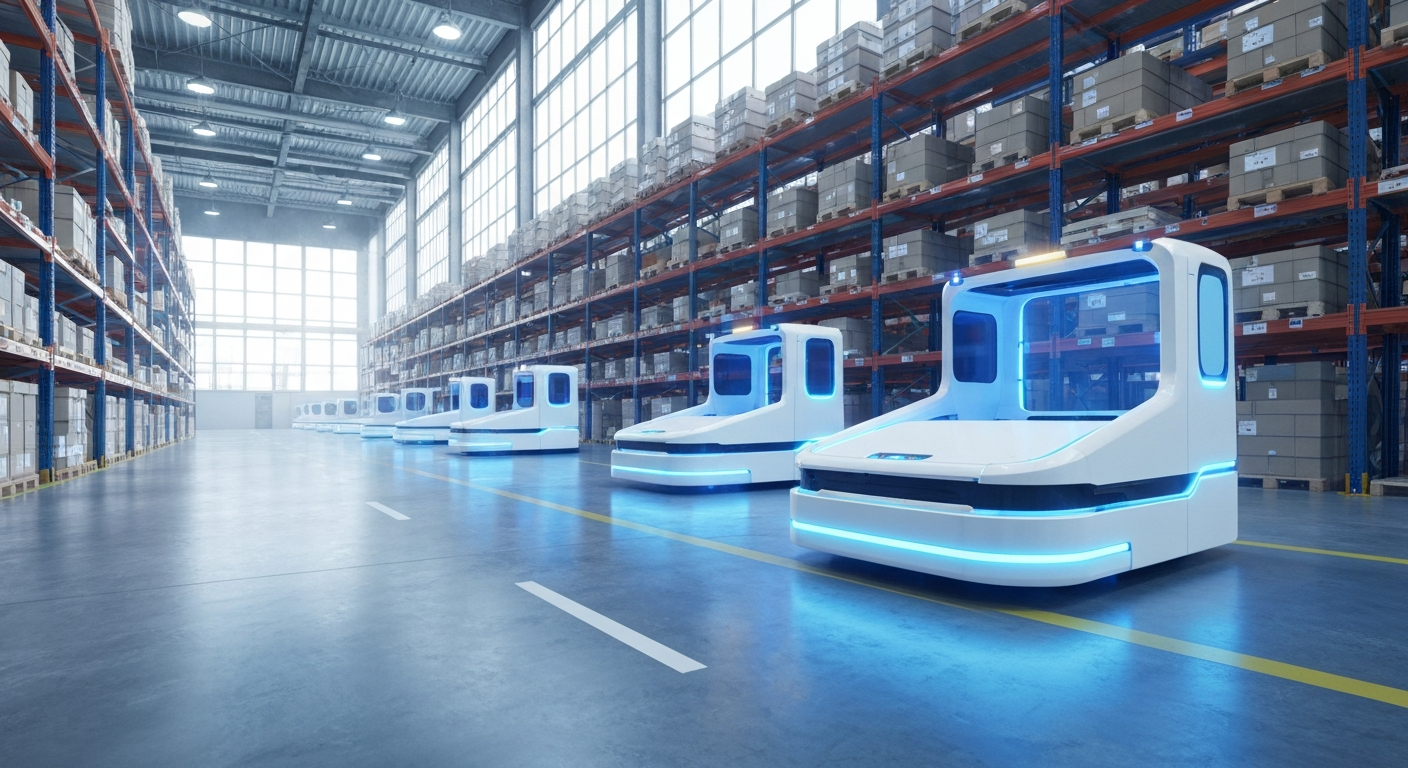Is Automation A Career?

One of the main areas for students studying robotics and automation is the industrial field. Robotics and industrial automation courses typically include part-time or full-time undergraduate studies, degrees or diplomas in manufacturing technology, mechanical engineering technology, and advanced manufacturing process technology. As an industrial automation engineer student, you can expect to learn and develop a wide range of transferable skills to help you in your job search.
Earning an engineering degree will give you practical skills, including learning how to program instructions in an automated device, repair electrical circuits, or design a control mechanism. Some schools offer a bachelor of technology degree in control and instrumentation, but even pre-professionals benefit from studying automation, instrumentation, and computer control. Engineering students/professionals with this kind of experience can certainly pursue a career in automation. In the field of industrial automation, constant knowledge of new technologies and skills is critical to the career progression of any industrial automation engineer. Industrial automation is a rapidly growing field and there are a huge number of opportunities and employment opportunities in the market for automation engineers at present.
Automation engineering is a vital part of the modern pharmaceutical and medical device industry as it helps streamline processes, which can lead to a more cost-effective and efficient system. As technology advances around the world, more industrial processes are becoming automated and revolutionizing the way people work. Virtually every type of production includes or soon automates. There is no consistent trend of increasing physical labor in manufacturing processes, regardless of the vertical sector, but there is a constant trend of adding more automation.
Of course, the automation of these processes means that the jobs created by humans all but disappear, and instead, there is the job of maintaining and repairing machines when something goes wrong. At first glance, these machines appear to be taking people's jobs, but they are actually creating new jobs in specialized automation. For some industrial automation jobs, workers sometimes travel to on-site factories or other locations to operate equipment. While many industrial automation jobs require you to work in an office, you can also be dispatched to the field or factory to work on equipment, which means constant awareness of security risks and knowing what to do if anything happens - problem occurs. will be the key.
Automation professionals can fill a variety of roles, such as technicians, engineers, managers, sales, service, field technicians, specialists, technologists, and process experts. We can work for end users, system integrators, suppliers, engineering firms, ourselves and many other employers. Automation engineers are able to interact with customers from different verticals and gain a deep understanding of the wide range of scenarios in the field, which is a great start to any career.



